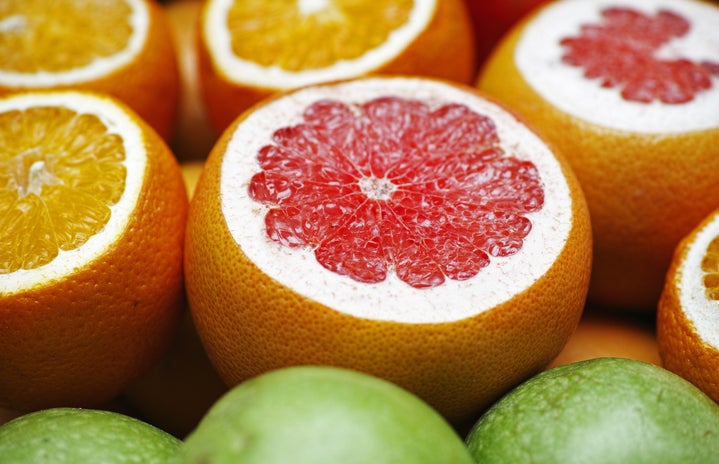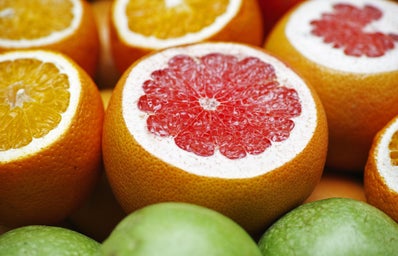My childhood was full of running through the sprinklers all summer afternoon and working up an appetite for that beloved box of orange-powdered mac and cheese. But a study just revealed some frightening information about our ultimate comfort food.
The Coalition for Safer Food Processing and Packaging did some research and found that if you’re eating the cheese powder in your bowl of creamy macaroni and cheese, you could be eating phthalates, according to Forbes. Phthalates are a group of chemicals that are used to soften plastics in flooring, fragrances, wall coverings, toys, detergents, hair sprays and personal care products. They can affect testosterone levels, possibly cause birth defects in infant boys and might be one of the causes for behavioral problems in children, according to The New York Times. You mean to say I’ve been eating this chemical all these years? My innocence is lost.
So how did they get into our food and why are we just now hearing about this?
To make matters worse, the Food and Drug Administration knew about this issue from a 2014 report to the Consumer Product Safety Commission. It found that food was one of the main sources of exposure to phthalates—not toys. While the chemical was banned from some children’s toys (like rubber ducks) a decade ago, the chemical has not been banned from being in foods. Meanwhile, we’re still piling this stuff into our mouths by the spoonful!
For the most recent study, the coalition bought 30 cheese items from U.S. stores, and an independent laboratory tested all of these cheesy products. The research found that 29 out of the 30 products contained phthalates (even organic mac and cheese!), meaning our beloved childhood snack secretly has high levels of plastic softening chemicals. The average level of phthalates in the cheese powder was about four times the levels of natural cheese. Now they’re calling for a petition to #KleanUpKraft.
“Our belief is that it’s in every mac ‘n’ cheese product—you can’t shop your way out of the problem,” Mike Belliveau, executive director of the Environmental Health Strategy Center, told The New York Times. He suggests we demand that manufacturers explain how phthalates are getting into our macaroni and cheese. All the more reason to opt for mom’s homemade mac and cheese over Kraft, I guess.
I always knew the stuff wasn’t healthy, but this takes my fear to new heights. Time to give up our favorite late night indulgence. RIP.


